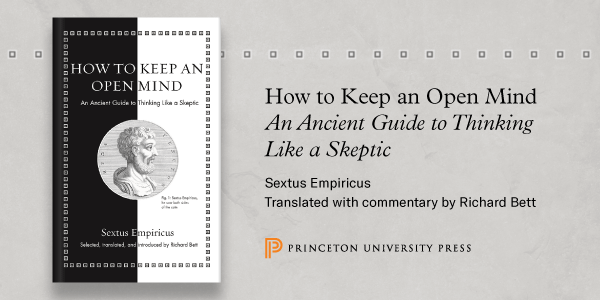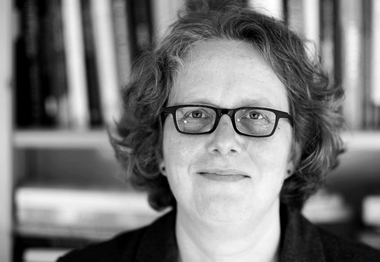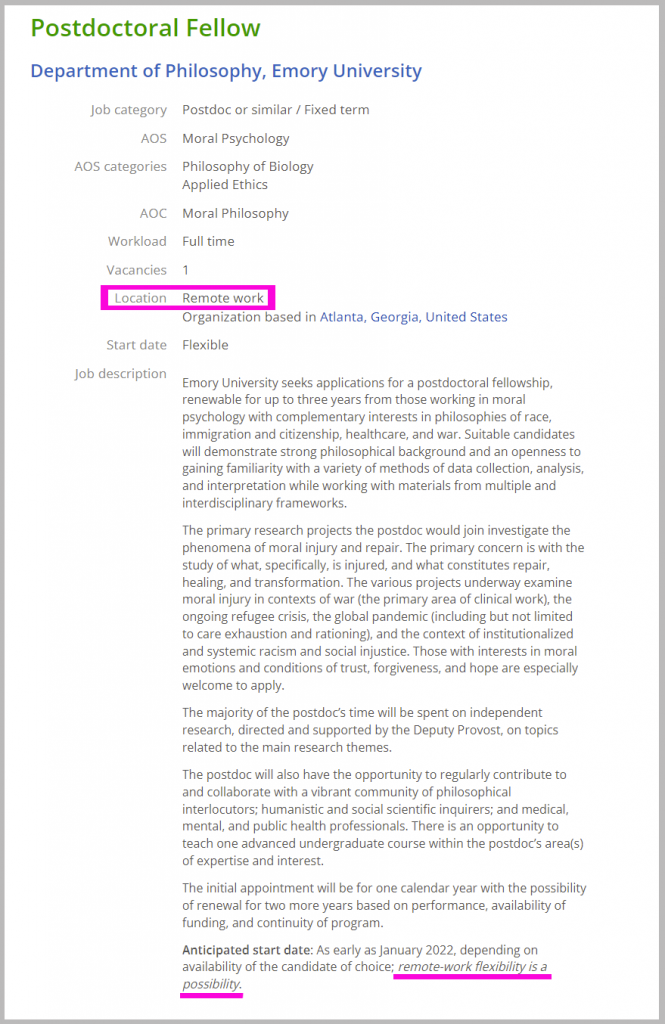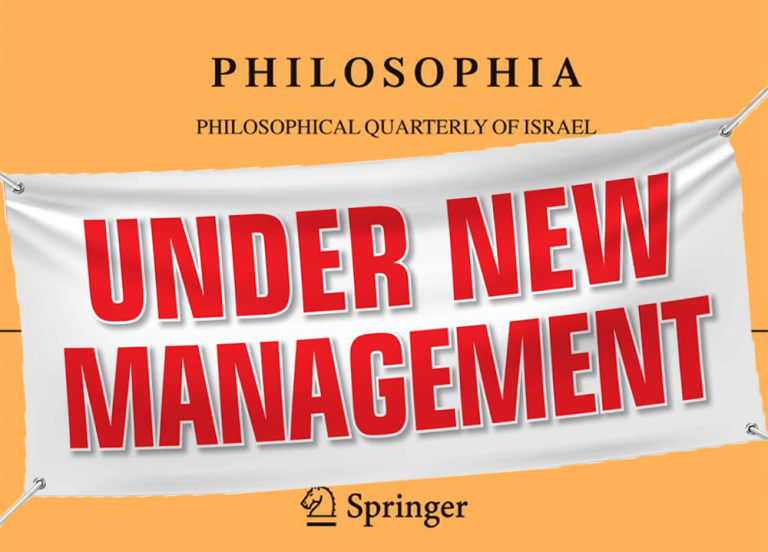Alternately, we could defer to the safety task forces that determine these policies. It is fairly clear, though, that politics alone drives much of the variation, across institutions and across state lines, in the protectiveness of COVID-safety policies. Senior professors who share the concerns raised here may have a social responsibility to sound the alarm about the dangers of these political games: dangers to the public health as well as to our colleagues, our students, their families, and the communities in which we live and work.
The personal and social costs of even partial lockdowns are significant. Higher education matters to our students, who are, after all, adults capable of making up their own minds about whether to enroll this fall. Moreover, many unvaccinated people have had ample opportunity to get vaccinated, but have chosen not to do so. This choice may make them substantively responsible—and may relieve others of responsibility—for whatever COVID-related illness they might suffer. And it may seem perverse to claim that individual instructors might be acting objectionably, when they have little or no voice in shaping their university’s safety policies. More plausibly, perhaps, they themselves are being wronged by university administrators who require them to teach in unsafe conditions and who restrict their academic freedom to choose their teaching modality. 
Sounding the Alarm:
2021-2022 COVID Risks at
Unprotected Colleges and Universities
by Jeremy Fischer
On the other hand, this is a public health matter: individual adults’ personal choices might gravely impact others. Further complicating the issue is that some of those who decline the vaccines are persuaded by widespread disinformation, political tribalism, and fear-mongering regarding vaccines. So it’s unclear whether every unvaccinated person has been placed in a reasonably good position to make their vaccination choice—and, if not, then public policy should not yet shift the burden of the disease onto them. Finally, given the imminent risks of the Delta variant in low-vaccination regions, it might seem doubtful whether instructors at unprotected institutions are permitted to risk the public health in order to convene philosophy classes. We have agency, and administrators may be persuadable regarding online teaching. To be sure, it is gratifying to hear administrators characterize liberal arts professors as providing essential in-person services (finally!). But after years of badgering us to teach online, I doubt that many administrators have actually had an epiphany about the irreplaceable value of in-person pedagogy. Organized efforts to teach more classes online might succeed. Perhaps eminent professors with strong relationships to administrators could insist on teaching online, or refuse to teach maskless students. And, if all else fails and the number of regional hospitalizations and deaths soars, some of us might consider resigning in protest.
We all hope that COVID will retreat before the school year begins, or at least that our institutional activities will not amplify its spread. However, those scenarios seem unlikely.[1] Given the recent spread of the highly contagious Delta variant—which is driving a surge in cases in Israel and the U.K. (both of which have more highly vaccinated populations than Alabama), as well as more locally in Arkansas, Missouri, Florida, and Alabama—instructors at unprotected institutions confront hard ethical questions, such as:
In this guest post*, Jeremy Fischer, associate professor of philosophy at the University of Alabama in Huntsville, asks these and related questions, hoping to generate suggestions and feedback from Daily Nous readers.
My institution adds two further twists. First, full-time faculty (with only rare exceptions) must teach most of their classes in person in the upcoming academic year. Second, individual instructors may not require their students to wear masks during class or office hours. This second “twist” might seem to be a trivial implication of the university’s mask policy, but it is not. Instructors may prohibit a large range of activities in the classroom that are otherwise permitted on campus (e.g., eating, talking, using computers or cellphones), when they judge that those activities might interfere with reasonable pedagogical or safety-related goals. Going maskless is explicitly excluded from such prohibitable activity.
- Are we obligated to pressure school administrators into implementing more protective safety policies? If so, which policies? And, given the undemocratic structure typical of our schools, what forms of advocacy are most likely to succeed?
- How might we protect our more vulnerable colleagues—including adjunct and junior colleagues who have ethical reservations about teaching in person, and colleagues either with compromised immune systems or who share households with immunocompromised people—from administrative imperatives to teach in-person?
- Might teaching in-person at this point in the COVID pandemic render some instructors objectionably, and avoidably, complicit in whatever COVID-related harms might consequently befall our communities or, indeed, the world (say, in the unlikely event of contributing to the creation of another, and possibly worse, variant)? If so, what kinds of actions might we be obligated to take in response?
One unprotected institution is the University of Alabama in Huntsville, where I work. Alabama state law SB 267, signed on May 24th of this year, prohibits state-funded schools from requiring students to be COVID-vaccinated. Indeed, student COVID-vaccination status is not to be monitored at all on campuses. This latter prohibition, in turn, renders unenforceable my university’s policy that all and only unvaccinated students must wear masks and maintain 3 feet of social distance from others indoors. That policy, in effect, is an honor system. And if classrooms will be anything like grocery stores around here, which generally have the same honor system, then very few students will wear masks or maintain social distance. (Enforceability issues aside, public health agencies disagree about this policy’s merits: the W.H.O. recommends that fully vaccinated people continue to wear masks indoors, while the C.D.C. does not.) Furthermore, only 34% of Alabama residents are fully vaccinated, compared to, say, 63% of Massachusettsians, 56% of Oregonians, and 52% of Californians. (In some ways, this number overstates community protection against COVID. For example, I regularly have students from DeKalb County, Alabama, which boasts a vaccination rate of 21%.)
Many colleges and universities now (1) mandate COVID-vaccinations, (2) require universal mask-wearing and social distancing in the classroom and in most campus buildings, and/or (3) are located in regions with high COVID-vaccination rates. In contrast to these relatively well-protected institutions, let’s call institutions that fail to meet any of these conditions “unprotected.”
[1] Evidence that institutions of higher education might amplify the spread of COVID-19 includes Hannah Lu, et al., “Are college campuses superspreaders? A data-driven modeling study,” Computer Methods in Biomechanics and Biomedical Engineering (2021) DOI: 10.1080/10255842.2020.1869221; Daniel Mangrum and Paul Niekamp, “JUE Insight: College student travel contributed to local COVID-19 spread,” Journal of Urban Economics (2020) DOI:10.1016/j.jue.2020.103311; and Martin S. Andersen et al., “College Openings, Mobility, and the Incidence of COVID-19,” medRxiv 2020.09.22.20196048, DOI: 10.1101/2020.09.22.20196048. But uncertainty remains: see, e.g., Benneyan J, Gehrke C, Ilies I, Nehls N, “Community and Campus COVID-19 Risk Uncertainty Under University Reopening Scenarios: Model-Based Analysis” JMIR Public Health Surveill (2021), DOI: 10.2196/24292.
In my view, these questions lack easy answers—Hence my wanting to ask them on Daily Nous.
As we all decide what to do in the fall, it might be useful to publicly discuss these matters. Readers can probably guess how I’m inclined to answer these questions. But for what it’s worth: it seems to me that professors with job security at unprotected institutions should consider organizing with staff members to demand more protective basic safety measures, such as indoor masking requirements, 6-feet social distance requirements, incentives for vaccinations, and remote learning and working options for whoever wants them. Perhaps a petition is a good way to begin the process. (Here’s mine, which anyone is welcome to adapt and use locally.) Moreover, if hospitalizations and deaths do surge in our regions—as may be happening already—we might also consider more urgent and spirited actions, such as protests, walk-outs, demands for unpaid leave, and even resignations. For, ultimately, I do worry that convening in-person philosophy classes in such circumstances may be morally impermissible.

Some faculty will be teaching this fall at schools in areas with low vaccination rates, whose administrators cannot or will not require vaccinations, mask-wearing, or social distancing. What, if anything, should faculty at such places, and possibly elsewhere, do?




